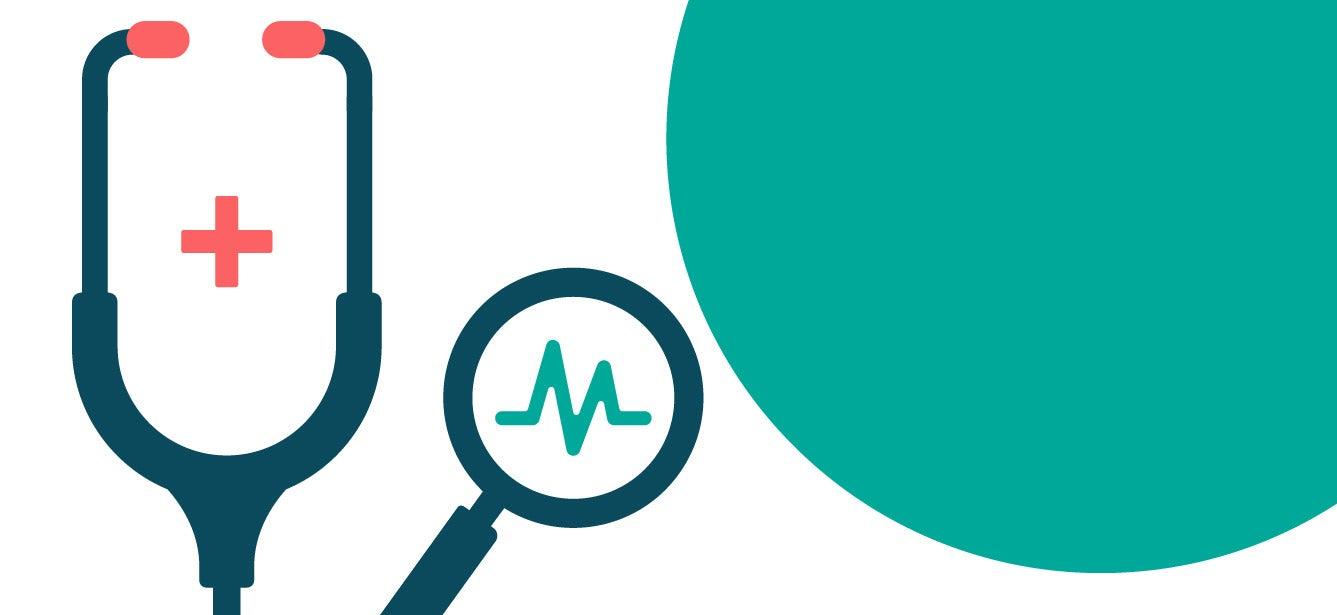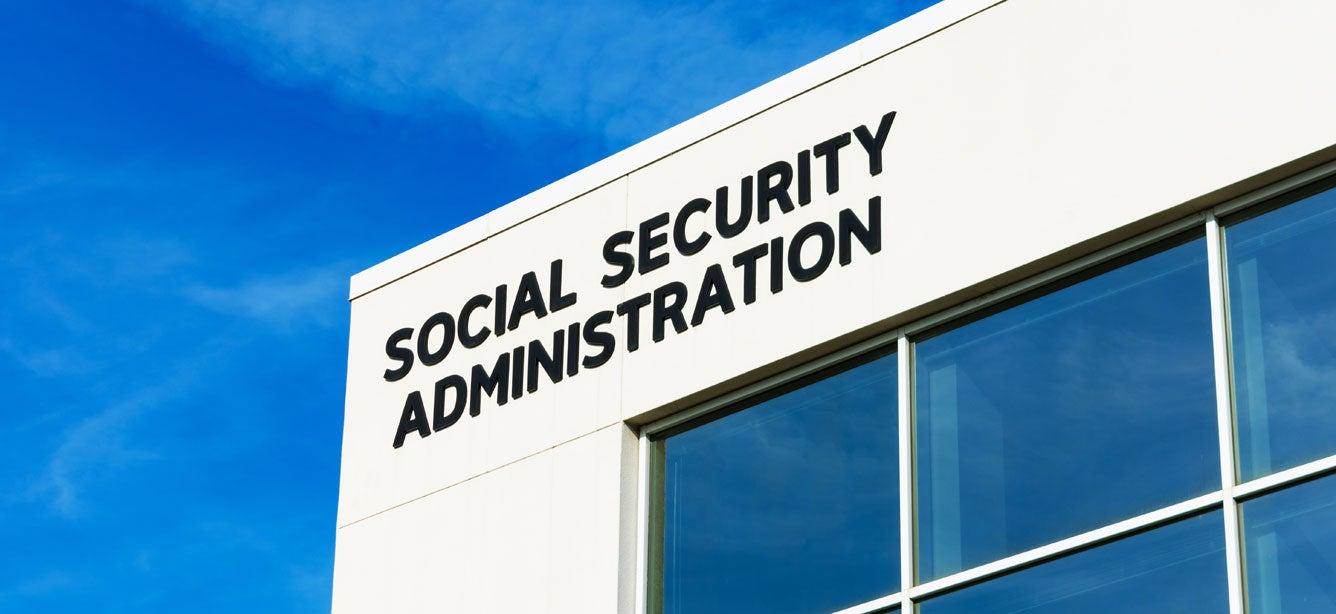
Related Topics
You may have heard of cash assistance programs like Supplemental Security Income (SSI), designed to provide extra financial support to people with very limited income and resources. But what happens when older adults in need do not qualify for federal assistance programs?
Certain states and localities offer General Assistance (GA) programs that help people who have limited means that don't qualify for other types of cash aid. There is no single, universal definition of General Assistance. It spans a wide range of program names, benefits, and eligibility criteria that vary across states and within states.
Which states have the General Assistance program?
Currently, 26 states and Washington, D.C. offer some type of General Assistance program. These include:
- Alaska
- California
- Colorado
- Connecticut
- Delaware
- D.C.
- Hawaii
- Indiana
- Iowa
- Maine
- Maryland
- Massachusetts
- Michigan
- Minnesota
- Nebraska
- Nevada
- New Hampshire
- New Jersey
- New Mexico
- New York
- Ohio
- Oregon
- Rhode Island
- South Dakota
- Utah
- Vermont
- Washington
States and localities may have alternative names for their General Assistance programs, such as "state aid," "general public assistance," or "cash aid."
What are General Assistance benefits?
General Assistance program benefits are typically modest, essentially meant to help recipients meet their most basic needs like rent, food, and utility bills (e.g., electric, gas, water). According to the Center on Budget and Policy Priorities, maximum General Assistance benefit levels are below half of the federal poverty line (FPL) for an individual in all but one state.
Monthly General Assistance payments are most often in the form of cash or vouchers, and the amount may differ based on the recipient. For example, New Jersey's General Assistance program offers:
- $185 a month for an employable single adult
- $277 a month for an adult with a disability
- $254 a month for a couple where one or both are employable
- $382 a month for a couple where both have a disability
With SAGA (State Administered General Assistance), which is Connecticut's version of GA, benefits range from $55 to $219 per month.
Who qualifies for General Assistance?
To qualify for General Assistance payments, you usually must be a legal or permanent resident of the United States and have lived in the state or locality for a minimum period of time. People with disabilities (who are not receiving SSI) are a main eligibility group for General Assistance programs across all states. Other people who may qualify for benefits include those who are unable to work due to age, caregiving circumstances, or other reasons. Some states offer benefits to people who are employable but who do not qualify for other types of public assistance programs.
General Assistance eligibility requirements differ from state to state, but most programs will require you to meet established income and asset limits. In addition, some states request applicants to first apply for SSI benefits. Others require applicants to have had a disability for a minimum duration of time.
How long can I receive General Assistance for?
The duration of General Assistance benefits varies from program to program. In Contra Costa County, California, for example, employable people can receive benefit payments for a maximum of 90 days in a 12-month period. People with disabilities (with medical documentation) can receive benefits continuously while they have a disability. In Biddeford, Maine, General Assistance benefits are limited to 30 days per application, but a person can apply an unlimited number of times to have their benefits renewed.
How do I apply for General Assistance in my area?
The application process for General Assistance programs varies, but typically you must apply through the office that administers the program (often your local social services agency/Department of Human Services). You may be able to apply in person, online, and/or over the phone.
Documents required to apply may include (but are not limited to):
- I.D. cards for all household members
- Social Security card
- Immigration paperwork, if applicable
- Monthly income and expenses
- Current bank statements
- Landlord verification
Contact your local Area Agency on Aging to ask about General Assistance programs you may be eligible for.
Learn more about General Assistance and other benefits programs
Want to know more about this and other programs that may be available? NCOA’s BenefitsCheckUp® connects millions of older adults with life-changing benefits programs. These programs include General Assistance, the Supplemental Nutrition Assistance Program (SNAP), and many others that can help pay for health care, medicine, groceries, utilities, and more.
“Each year, billions of dollars in benefits get left on the table because people don't know they’re eligible or how to apply,” said NCOA’s Director of Health Coverage and Benefits Jennifer Teague, MA. “BenefitsCheckUp takes a few minutes, it’s 100% confidential, and there’s no registration required. It’s worth the time to find savings for yourself—or someone you know.”
Start browsing to learn about available benefits programs near you.




